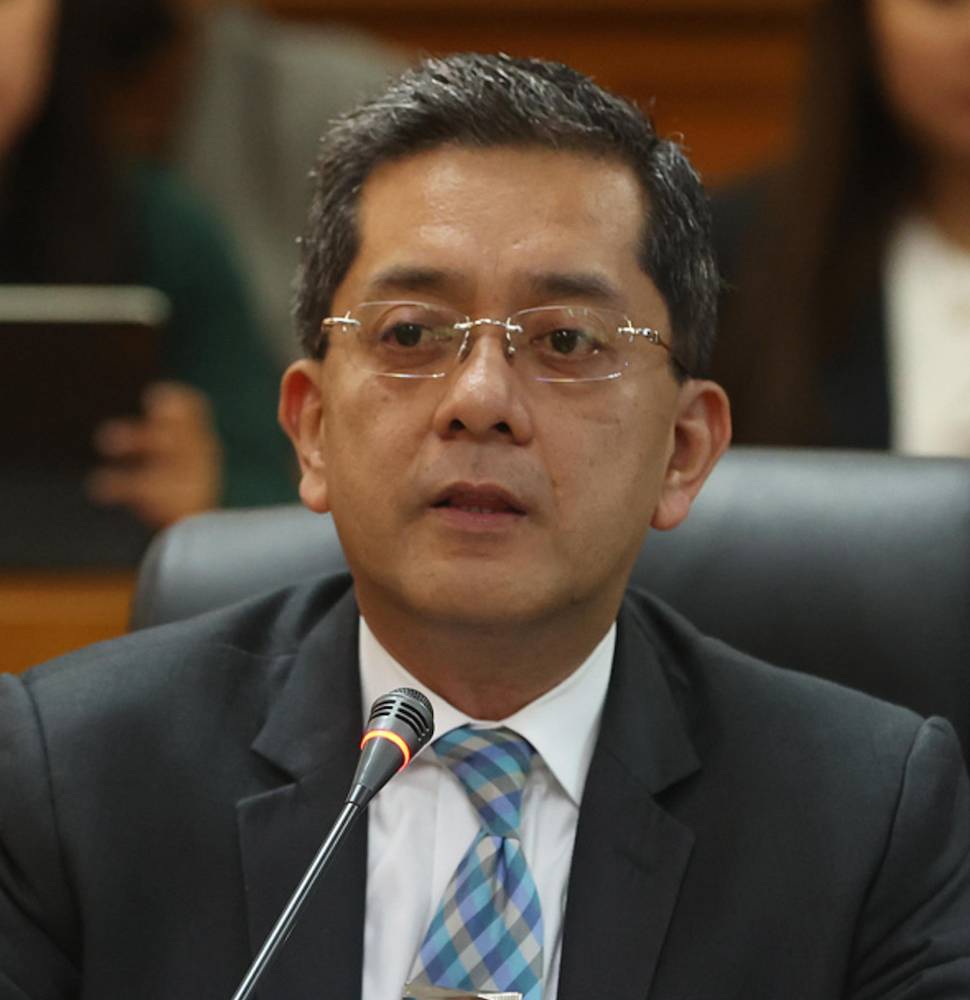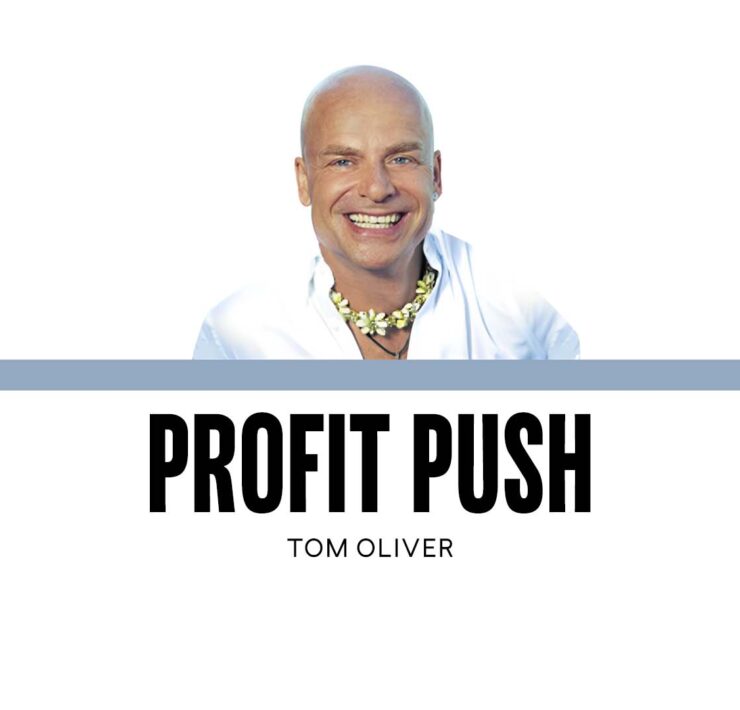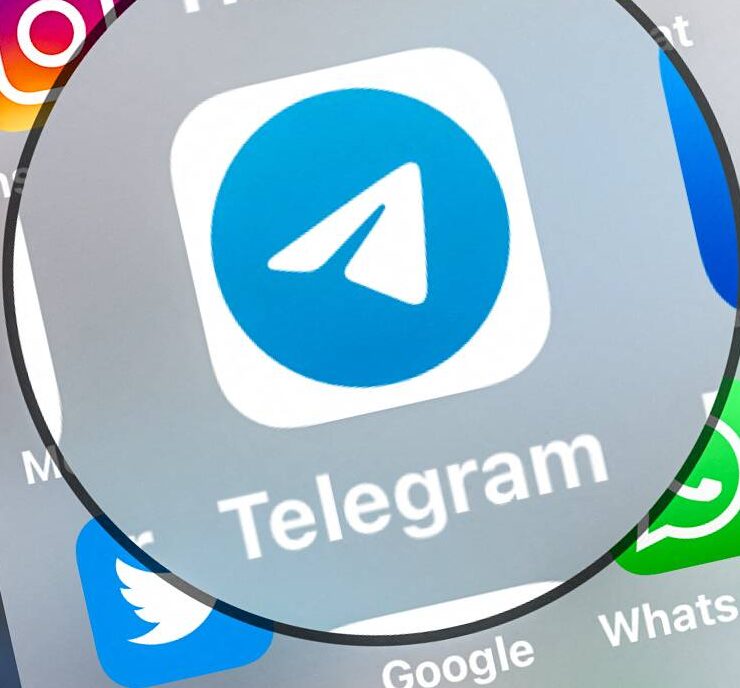Comelec: Only 11.7 percent of poll bets have registered their social media accounts

Only a few candidates for next year’s midterm elections have registered their social media accounts less than a week before the Dec. 13 deadline imposed by the Commission on Elections (Comelec).
Comelec spokesperson John Rex Laudiangco said that as of 5 p.m. on Monday, there was only a total of 5,028 registrations received by the poll body.
The number is just about 11.7 percent of the 43,033 individuals who filed their certificates of candidacy for the May 12, 2025, national and local elections.
Of the 66 senatorial aspirants, almost half, or only 32 candidates, have submitted their registration forms.
Meanwhile, only 135 party-list groups, organizations, and coalitions have also submitted their registration.
For aspirants vying for local positions, only 5,028 have registered their social media accounts.
Fifty-three private personalities, who are not candidates, also submitted their documents before the Comelec amended its resolution, excluding them from the mandate to register their social media accounts.
No deadline extension
Comelec chair George Garcia earlier insisted the poll body would not extend the deadline.
“There will be no extension. If you don’t want your posts or accounts removed then you must register your social media accounts,” he said.
I In September, Comelec issued Resolution No. 11064 as an attempt for the commission to regulate election campaigning on social media platforms for the first time in history.
The resolution also regulates the use of artificial intelligence (AI) and internet technology for the 2025 national and local elections, as well as the first ever parliamentary elections in the Bangsamoro Autonomous Region in Muslim Mindanao.
It was also meant to stop the spread of misinformation and disinformation and level the playing field in online campaigning.
The resolution would also empower the poll body to monitor the online campaigning and spending of candidates.
Garcia noted that candidates may spend millions to pay online influencers, who enjoy a large following on different social media platforms.
“Our goal is to provide equal opportunity for all the candidates to serve the public, whether they have money or not to wage an election campaign online,” Garcia said.
Overboard scope
Election watchdogs and other stakeholders, however, criticized the resolution for having an overbroad scope, which might infringe on the right to free speech and privacy.
Comelec eventually relaxed its rules on private personalities and entities, including the so-called “online influencers,” who might be used for campaigning in elections.
Under Comelec Resolution No. 11064-A approved in November, the poll body amended its previous resolution requiring the registration of all official social media accounts and pages, websites, podcasts, blogs, vlogs, and other online and internet-based campaign platforms of the candidates. This also covers parties, their campaign teams, as well as private individuals or entities who are endorsing the election or defeat of a candidate in next year’s elections.
“Only the candidates and their authorized representatives, as well as authorized representatives of registered political parties or coalitions, and party-list organizations, may submit their registration forms for their official social media accounts and pages, websites, podcasts, blogs/ vlogs, and other online and internet-based campaign platforms,” the new resolution read.
It also removed the requirement for private individuals to submit a notarized affidavit submitted by candidates and their campaign team vowing to “not misuse social media, artificial intelligence, and internet technology for disinformation, or misinformation, against any party or the electoral process.”
The amended resolution also removed the sanctions for private individuals for failure to register their social media accounts, websites, and digital and internet-based campaign platforms.
Failure to register on or before December 13 could result in takedown requests from the commission.





















